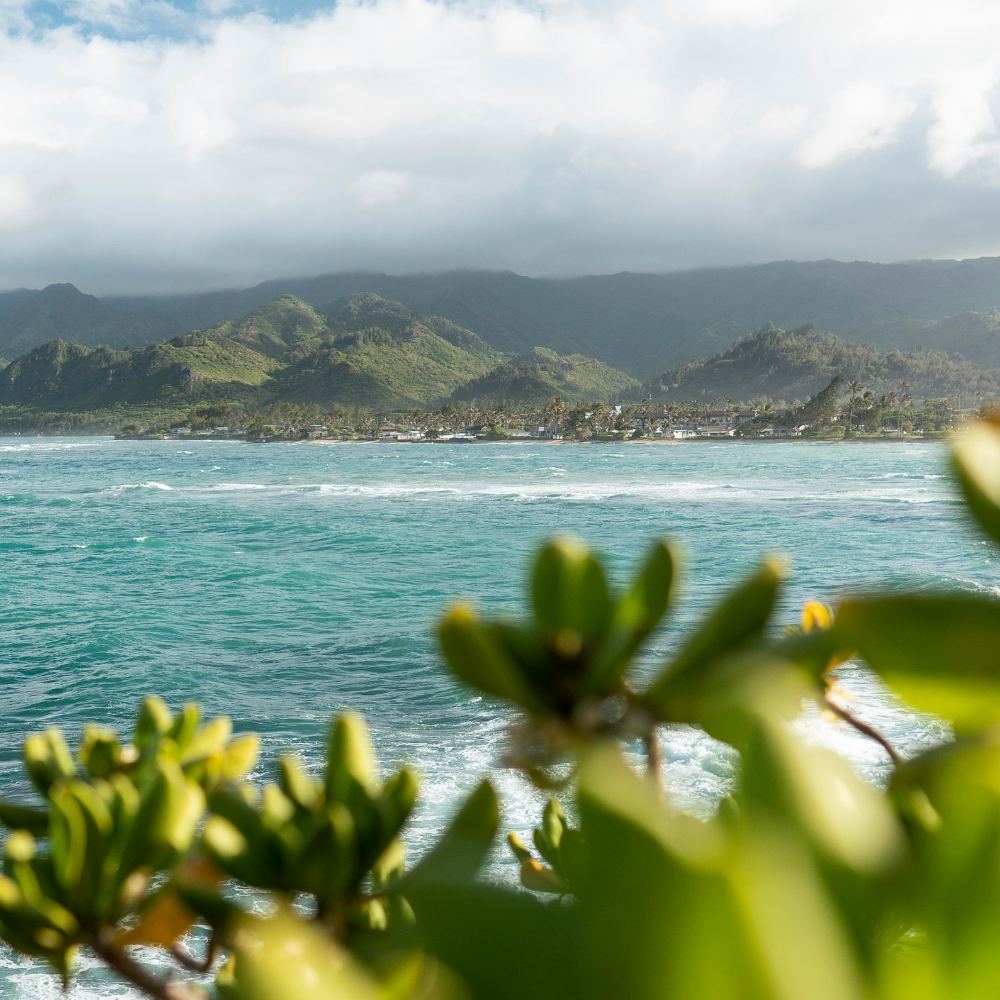Cook Islands seeks own passport, New Zealand rejects proposal
New Zealand has declined a proposal from the Cook Islands to introduce a separate passport for its citizens while retaining New Zealand citizenship. The Cook Islands, a self-governing Pacific nation in “free association” with New Zealand, relies on Wellington for foreign affairs and defense and enjoys certain privileges, including unrestricted access to live, work, and receive healthcare in New Zealand.
Cook Islands Prime Minister Mark Brown had pushed for the introduction of a separate passport to “recognize our own people.” However, New Zealand has stated that such a move would be possible only if Cook Islands pursued full independence.
Documents obtained by local sources reveal that Brown has been advocating for months to establish a separate citizenship and passport for Cook Islands nationals while maintaining the nation’s status as a realm country of New Zealand. Approximately 100,000 Cook Islanders live in New Zealand, compared to only about 15,000 residing in the Cook Islands. Those who live in New Zealand for at least one year are eligible to vote and run in New Zealand elections.
The proposal has sparked tensions between the two nations, leading to a series of discussions between leaders. Brown argued that a separate passport for Cook Islanders would be comparable to dual citizenship, which many New Zealanders already hold with other countries. However, critics in the Cook Islands raised concerns about the lack of public consultation on such a significant issue.
Thomas Wynne, a Cook Islands national based in Wellington, raised concerns about whether Cook Islanders had been sufficiently consulted on the proposal. He questioned if the voices of the people had been considered in making such a significant decision, emphasizing the importance of their input in this critical matter.
Other Cook Islanders expressed fears that separate citizenship might jeopardize their access to vital services, such as healthcare in New Zealand, which many rely on.
New Zealand Foreign Minister Winston Peters effectively ended the debate on Sunday, declaring that separate citizenship and passports are only available to fully independent and sovereign countries. Peters emphasized that any change to the current relationship would require a referendum in the Cook Islands, allowing its people to decide between maintaining the status quo or pursuing full independence.
A referendum would give Cook Islanders the opportunity to decide whether they value maintaining their current access to New Zealand citizenship and passports or prefer pursuing full independence. New Zealand has indicated its willingness to engage in discussions about independence if the Cook Islands choose to explore that option.
In response, Prime Minister Brown clarified that the Cook Islands would not implement any measures that could compromise their important relationship with New Zealand.
The Cook Islands’ relationship with New Zealand mirrors similar arrangements between other nations. For instance, Niue, another Pacific island, is self-governing but relies on New Zealand for defense and foreign affairs. Similarly, territories like Greenland and the Faroe Islands are part of Denmark, and Puerto Rico is a U.S. territory, all of which maintain varying degrees of autonomy while subordinating foreign relations and defense to their respective governing nations.










